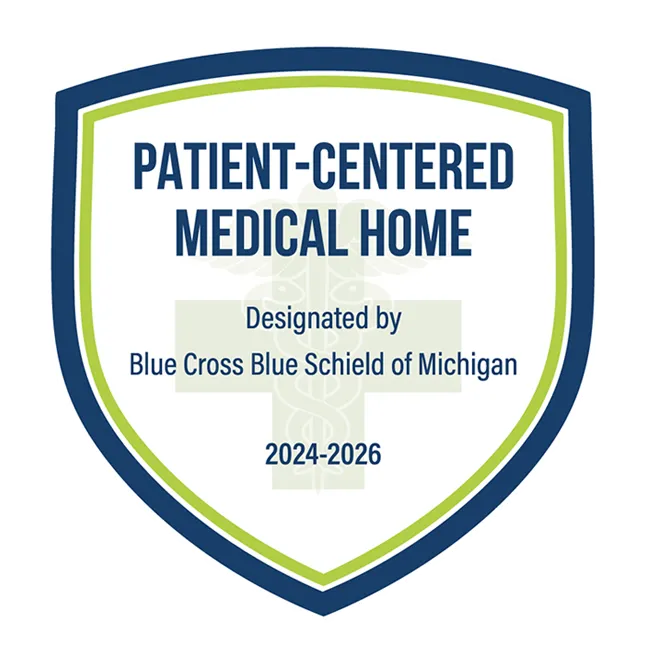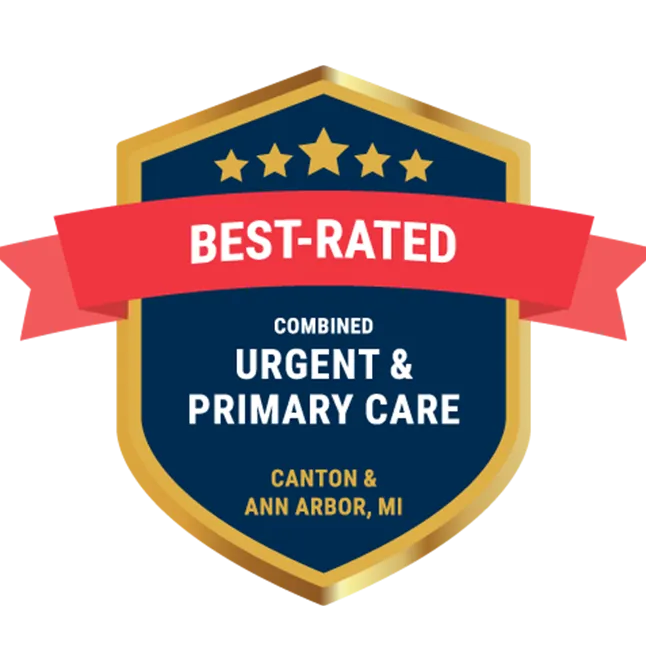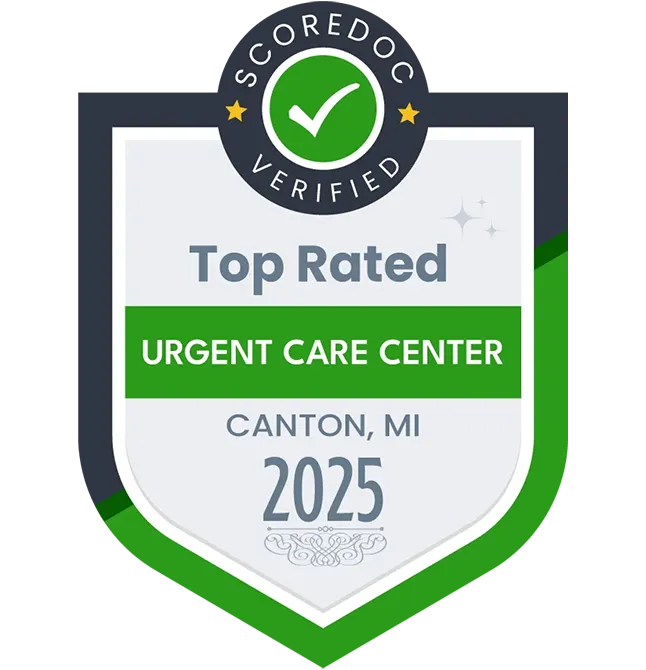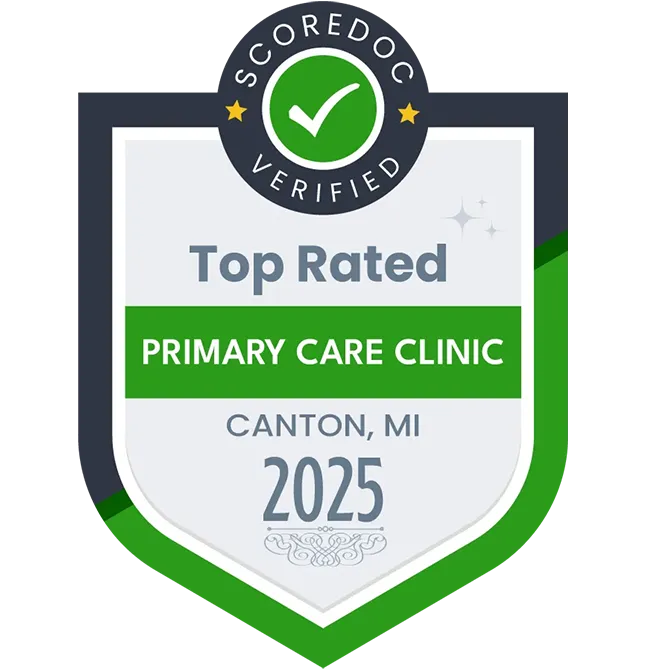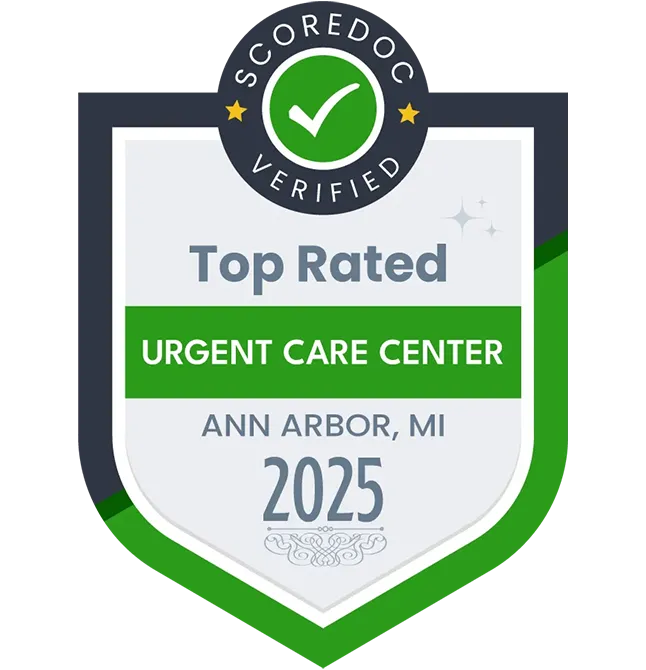Experiencing a poison ivy rash can be uncomfortable and troublesome. This itchy, blistering rash is a common allergic reaction caused by contact with poison ivy plants containing urushiol, an oily resin. Knowing how to treat and manage poison ivy effectively is crucial for easing symptoms and preventing complications.
Read on to explore poison ivy rash, its symptoms, who is at risk, how to prevent its spread, diagnosis, treatment options, and when to seek medical advice.
Understanding Poison Ivy Rash
Poison ivy rash is an allergic reaction caused by urushiol, a potent oil found in all parts of the poison ivy plant. For months, this oil can remain active on surfaces like clothing, tools, and even pet fur. Understanding the nature of the rash is essential for effective treatment and prevention. When urushiol touches your skin, it triggers an immune response, resulting in the typical symptoms of a poison ivy rash.
Symptoms of Poison Ivy Rash
The most common symptom of an ivy rash is intense itching. Typically appearing 12 to 48 hours after contact with the plant, the symptom can be severe and lead to uncontrollable scratching, worsening the rash and risk of infection.
Some of the key symptoms include:
- Redness: The affected area turns red and inflamed.
- Itching: Intense itching is a common and often the most bothersome symptom.
- Blisters: Small, fluid-filled blisters may develop.
- Swelling: The skin around the rash may swell.
Who Can Get Poison Ivy?
Anyone who comes into contact with poison ivy can develop a rash, but some people are more prone to severe reactions. Those at higher risk include:
- Outdoor Enthusiasts: Hikers, campers, and gardeners who frequently come into contact with vegetation.
- Children: Kids playing outdoors are more likely to touch poison ivy unknowingly.
- Pets: Pets can carry urushiol on their fur, transferring it to humans through contact.
Immediate Steps After Exposure
Taking quick action after exposure to poison ivy can minimize the severity of the rash. Follow these steps immediately:
- Wash the Area: Use soap and cool water to wash the exposed skin within 30 minutes.
- Clean Contaminated Items: Wash clothing, shoes, and tools that may have come into contact with the plant.
- Avoid Scratching: Scratching can aggravate the rash and spread the oil.
How to Stop Poison Ivy from Spreading?
Preventing the spread of the rash involves several key measures, such as:
- Avoid Touching the Rash: Refrain from scratching or touching the affected area.
- Clean Under Nails: Urushiol can remain under fingernails and spread to other body parts.
- Separate Laundry: Wash contaminated clothing separately to avoid cross-contamination.
- Use Barrier Creams: Apply barrier creams before outdoor activities to protect the skin.
Poison Ivy Diagnosis
Diagnosing ivy rash usually involves a visual examination by a healthcare professional. The diagnosis primarily relies on the characteristic appearance of the rash and a history of exposure to poison ivy or similar plants.
Sometimes, additional tests may be conducted to exclude other possible causes of the rash or assess the reaction's severity. However, the visual examination is typically sufficient to confirm the diagnosis of ivy rash.
How to Treat Poison Ivy?
Poison ivy treatment alleviates symptoms, reduces inflammation, and prevents complications. The following treatment options are commonly recommended:
Topical Treatments:
- Soothing Creams and Lotions: Helps soothe itching and dry out oozing blisters.
- Oatmeal Baths: Provides relief and soothes irritated skin.
Oral Medications:
- Antihistamines: May be recommended to relieve itching and discomfort.
- Oral Corticosteroids: Used in severe cases to reduce inflammation and speed up healing.
Home Remedies:
- Cool Compresses: Applied to the affected area to reduce itching and inflammation.
- Avoidance of Scratching: Minimizes the risk of infection and spreading the rash.
- Keeping the Skin Clean and Dry: Helps prevent secondary infections.
Medical Interventions:
- Prescription Medications: Stronger medications may be necessary for severe reactions or infections.
- Intravenous Fluids: Administered in extreme cases to treat dehydration or systemic reactions.
Poison Ivy Complications
While ivy rash is generally mild, complications can arise if the rash becomes infected or has extensive exposure. Potential complications include:
- Infection: Increased redness, pus, and fever indicate an infection that may require antibiotic treatment.
- Widespread Rash: A large rash covering a significant body area can be highly uncomfortable and may need medical intervention.
- Respiratory Problems: Inhaling smoke from burning poison ivy can cause severe respiratory problems and requires immediate medical attention.
When to Consult a Doctor?
It is essential to seek medical attention in certain situations like:
- Severe Rash: If the rash extends over a significant portion of the body or is particularly extensive.
- Facial or Genital Rash: Susceptible areas that may require specialized care.
- Persistent Symptoms: If the rash does not improve with over-the-counter treatments within a few days.
- Signs of Infection: Increased redness, warmth, swelling, pus, or fever.
- Difficulty Breathing: If you experience respiratory symptoms after exposure, which could indicate a severe allergic reaction.
- Systemic Symptoms: Such as nausea, vomiting, or swelling in other body parts.
Final Thoughts
Treating poison ivy promptly and effectively can significantly reduce discomfort and prevent complications. You can manage the rash effectively by understanding the symptoms, taking immediate action after exposure, and following appropriate treatment steps.
Find Quick Relief from Poison Ivy Rash at MI Express Urgent Care
Are you experiencing discomfort from a persistent poison ivy rash? Take proactive steps towards relief by visiting MI Express Urgent Care. Our committed team of healthcare professionals specializes in effective treatment options tailored to alleviate your symptoms promptly.
Don’t wait any longer—schedule your appointment with us today and start feeling better soon.



